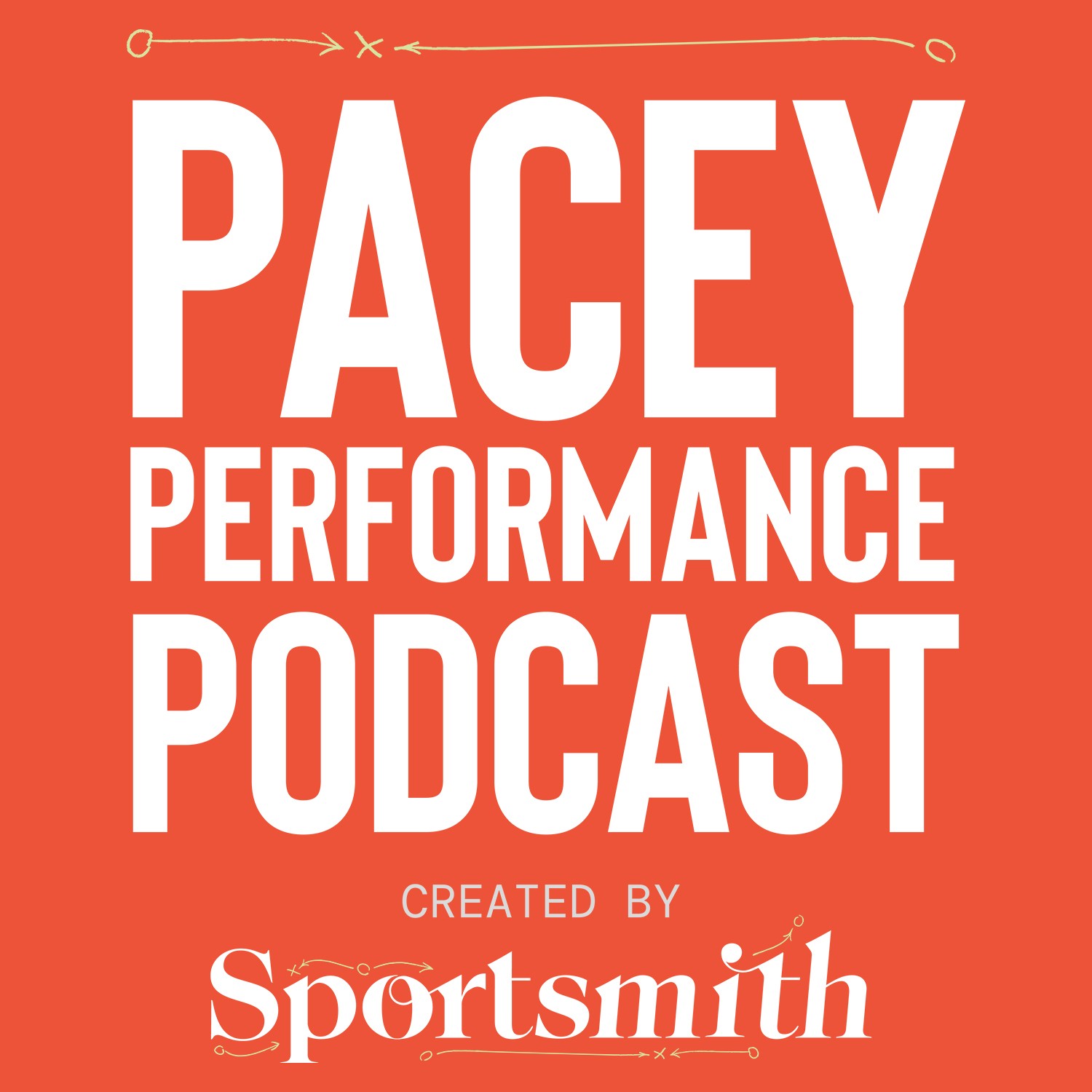Listen "Training tendons: What really matters for performance and rehabilitation with Seth O’Neill"
Episode Synopsis
This week’s guest on the Pacey Performance Podcast is Seth O’Neill. He’s an Associate Professor in Physiotherapy at the University of Leicester. He has a PhD on tendinopathy and in this episode its all about the tendons, how we train them, how we reduce the chances of injury and how we rehabilitate them.
Seth tells us about the role of the tendon function and how it can adapt to dynamic movements. This includes the importance of tendon structure – and why this subject has been dividing opinion. Seth moves onto what causes changes to tendon structure, including ageing and how this can be mitigated for. There’s also some insight into muscle stiffness versus tendon stiffness, and how both affect performance.
Seth also discusses isometric training, including what does and doesn’t work for him in order to get the best performance benefits. He also talks about how isometrics can be the gateway to rehabilitation and how pain comes into the equation. He goes into specifics too, about patellar tendons, the Achilles tendon, and on to calf training and monitoring. This includes why calf injuries are now more common, and why hamstring injuries have plateaued in recent times. Finally, Seth tells us how to gain performance benefits through calf training. For all this insight and much more, hit the play button now.
This week’s topics:
The main question sports clubs ask Seth regarding physiotherapy
The role of the tendon function and adapting to dynamic movements
The importance of tendon structure
What causes changes to tendon structure
How much can age affect tendon structure
Muscle stiffness versus tendon stiffness
What does and doesn’t work in isometric training
How isometric training can be best used to get performance benefits
How isometrics can be the gateway to rehabilitation
Patellar tendon and Achilles rehabilitation
Calf training and monitoring
Why calf injuries are now more common, and hamstring injuries have plateaued
Gaining performance benefits through calf training
Seth tells us about the role of the tendon function and how it can adapt to dynamic movements. This includes the importance of tendon structure – and why this subject has been dividing opinion. Seth moves onto what causes changes to tendon structure, including ageing and how this can be mitigated for. There’s also some insight into muscle stiffness versus tendon stiffness, and how both affect performance.
Seth also discusses isometric training, including what does and doesn’t work for him in order to get the best performance benefits. He also talks about how isometrics can be the gateway to rehabilitation and how pain comes into the equation. He goes into specifics too, about patellar tendons, the Achilles tendon, and on to calf training and monitoring. This includes why calf injuries are now more common, and why hamstring injuries have plateaued in recent times. Finally, Seth tells us how to gain performance benefits through calf training. For all this insight and much more, hit the play button now.
This week’s topics:
The main question sports clubs ask Seth regarding physiotherapy
The role of the tendon function and adapting to dynamic movements
The importance of tendon structure
What causes changes to tendon structure
How much can age affect tendon structure
Muscle stiffness versus tendon stiffness
What does and doesn’t work in isometric training
How isometric training can be best used to get performance benefits
How isometrics can be the gateway to rehabilitation
Patellar tendon and Achilles rehabilitation
Calf training and monitoring
Why calf injuries are now more common, and hamstring injuries have plateaued
Gaining performance benefits through calf training
More episodes of the podcast Pacey Performance Podcast
Debunking common misconceptions around training and testing the foot and ankle with Romain Tourillon
01/05/2025
Adopting an adaptations-led approach to programming strength and power training with Alex Wolf
16/04/2025
 ZARZA We are Zarza, the prestigious firm behind major projects in information technology.
ZARZA We are Zarza, the prestigious firm behind major projects in information technology.
